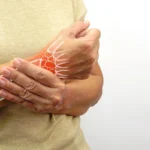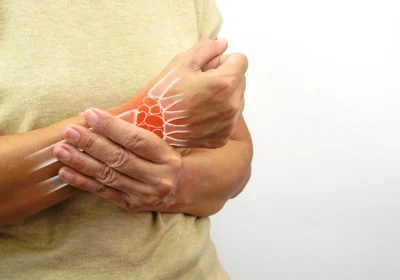
The Objective of Home Health Care
Recently, the idea of home care has become very popular among many patients and families. Opting for home health care over prolonged hospital stays or nursing home care offers a plethora of distinct advantages. Home health care entails receiving medical attention and supportive care while basking in the familiar comforts of one’s own abode and surroundings.
The benefits of home health care.
One of the most prominent perks of home health care lies in its ability to provide treatment and services within a cozy environment characterized by familiarity. By remaining in the warmth of their own homes, patients can mitigate any potential confusion or anxiety that oftentimes arises from extended hospital stays. Additionally, they can relish the solace of slumbering in their own beds and enjoy tailored bathrooms equipped with accessories that facilitate daily activities.
Hospitals and nursing facilities inherently harbor a greater susceptibility to exposure from other patients, high-traffic public areas, as well as an elevated risk of infection. For elderly patients or those recuperating from procedures involving incisions that require healing, evading infection stands as a paramount concern. The provision of home health care effectively eliminates many infection risks by limiting exposure to other unwell patients and reducing contact with on-site hospital facilities and equipment. Consequently, home care grants the immune system ample opportunity to wholeheartedly focus on the healing process itself.
Regrettably, hospitals often disrupt the natural sleep cycle through invasive tests, frequent administration of medications, and cacophonous unfamiliar noises that hinder deep slumber. In the comfort of their homes, patients can customize their sleeping arrangements to create an optimal restful space, adhere to a regular sleep schedule, and revel in uninterrupted periods of rest. At home, it becomes easier to meet personal dietary preferences and requirements.
Rehabilitation through home health care empowers patients to regain independence and resume their daily activities within a realistic home environment. Instead of maneuvering within simulated hospital rooms filled with medical equipment, patients can learn to navigate their own living spaces and regain autonomy within the familiar confines of their own homes. It facilitates a more rapid return to their pre-conditioned state while boosting self-confidence and self-efficacy as independence progressively reigns supreme.
Home health care miami enables family members to adopt an active role in providing care and monitoring treatment progress. Families can oversee and partake in at-home exercises, aid in medication adherence, prepare recommended meals, and supply the necessary support and encouragement on a daily basis.
Interestingly, research suggests that patients availing themselves of home health care services exhibit significantly lower rates of readmission to hospitals or nursing homes compared to those discharged without home health care. Avoiding costly and traumatic hospital readmissions unequivocally constitutes a clear advantage offered by home health care.
Consequently, it becomes apparent that home health care distinctly benefits patients in terms of healing, comfort, independence, finances, family involvement, and maintenance of progress. As hospital capacity continues its downward trajectory, home health services effectively bridge the gap within acute care scenarios by providing highly personalized patient-centered care pathways.
End
Given the multitude of advantages it presents, it comes as no surprise that reputable home health agencies experience consistent growth in demand with each passing year.
Infographic created by TargetLeads, providing top-tier direct mail lists tailored for your company


















